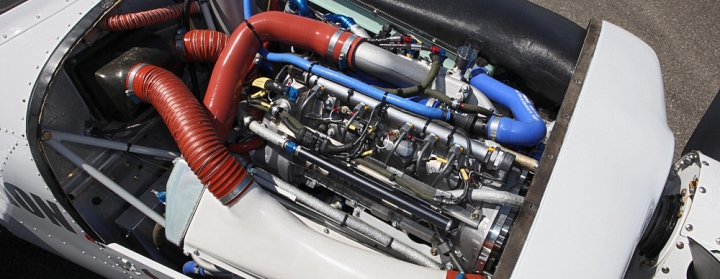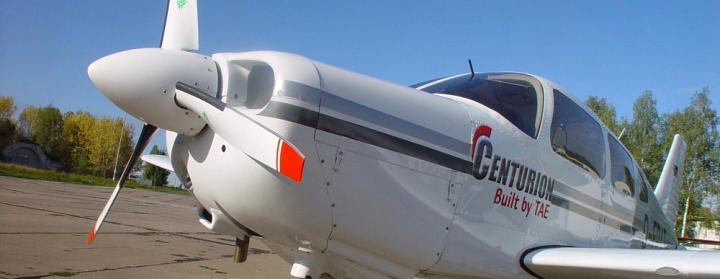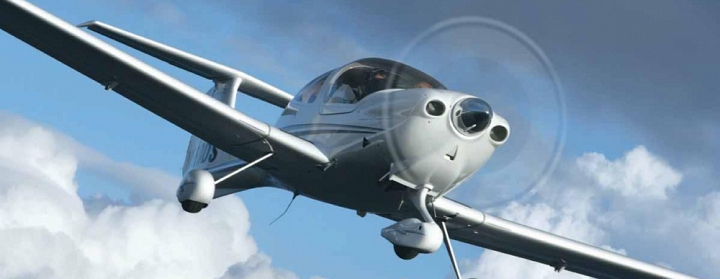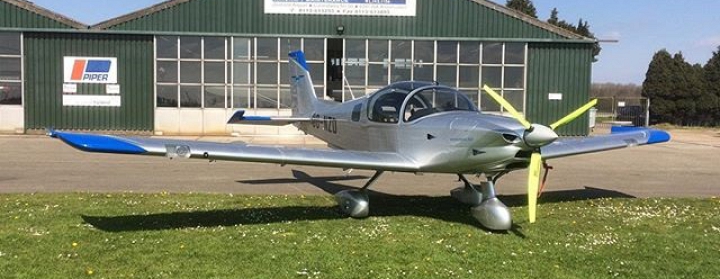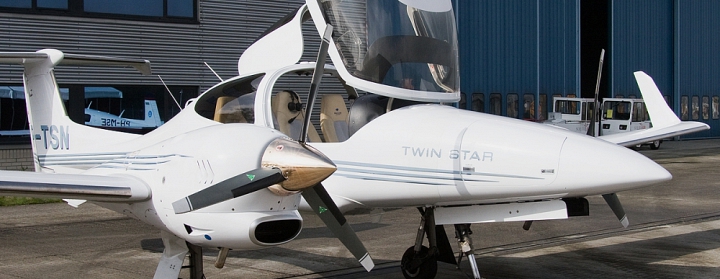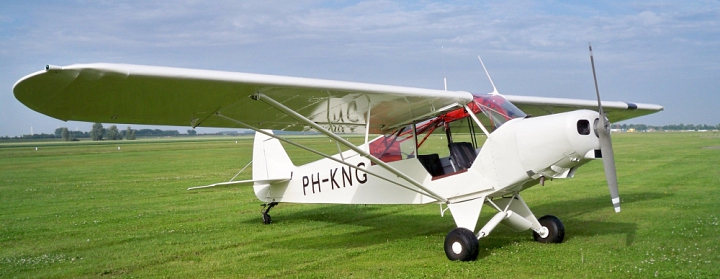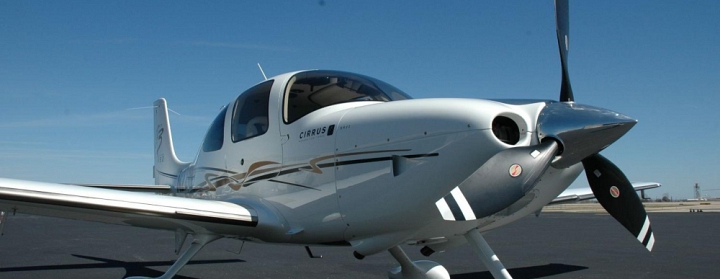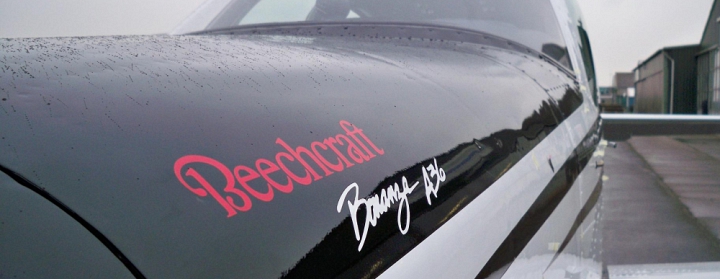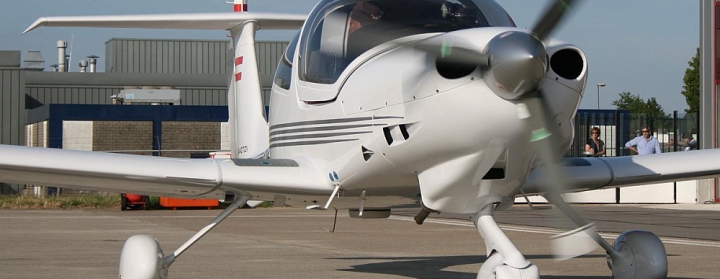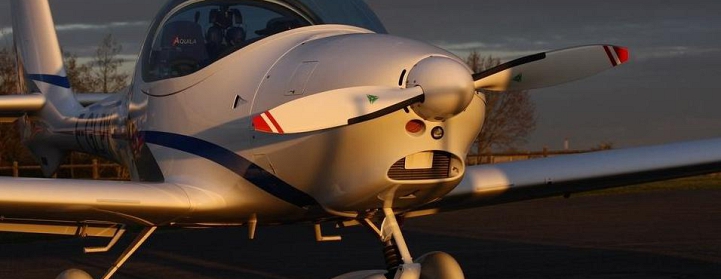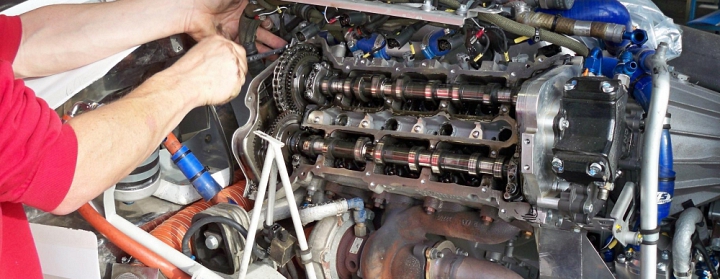Anti Detonation Injection System
In the early 90's Petersen Aviation Inc. certified the Anti-Detonation Injection System (ADI) system on Cessna 188s, 210s, and Bar![]() ons, which all allowed operation with 91 octane autofuel when the ADI system is installed. The underlying idea behind ADI is to use a water/methanol mix to cool the combustion event and slow the propagation of the flame front, which tends to accelerate when the fuel/air mixture encounters the hot surfaces of cylinder walls, valves and pistons. This leads to instant, explosive ignition that we know as detonation. Even high-octane fuels will detonate if the cylinders get hot enough, but octane serves to yield a more orderly flame front and thus provides detonation margin. Water/methanol injection is not a new technology or invention; as a matter of fact, it was used in aircraft prior to WWII. The water injection was then used to provide an extra boost of power for take-off to prevent engine knocking. The installation of the modernized ADI system into the general aviation fleet provides the user with a significant amount of fuel flexibility and savings!
ons, which all allowed operation with 91 octane autofuel when the ADI system is installed. The underlying idea behind ADI is to use a water/methanol mix to cool the combustion event and slow the propagation of the flame front, which tends to accelerate when the fuel/air mixture encounters the hot surfaces of cylinder walls, valves and pistons. This leads to instant, explosive ignition that we know as detonation. Even high-octane fuels will detonate if the cylinders get hot enough, but octane serves to yield a more orderly flame front and thus provides detonation margin. Water/methanol injection is not a new technology or invention; as a matter of fact, it was used in aircraft prior to WWII. The water injection was then used to provide an extra boost of power for take-off to prevent engine knocking. The installation of the modernized ADI system into the general aviation fleet provides the user with a significant amount of fuel flexibility and savings!
Today, Air Plains Services joined with Petersen Aviation Inc. and have agreed to further develop the application of ADI. With the rising concern on the elimination of avgas (100LL), the two companies have combined resources to rediscover the answer that general aviation has been waiting for. Air Plains Services brings this system on the market under the name Inpulse. The STC for the C210 is ready, and more types following in future. Read more on the Inpulse website, or contact Vliegwerk Holland.

